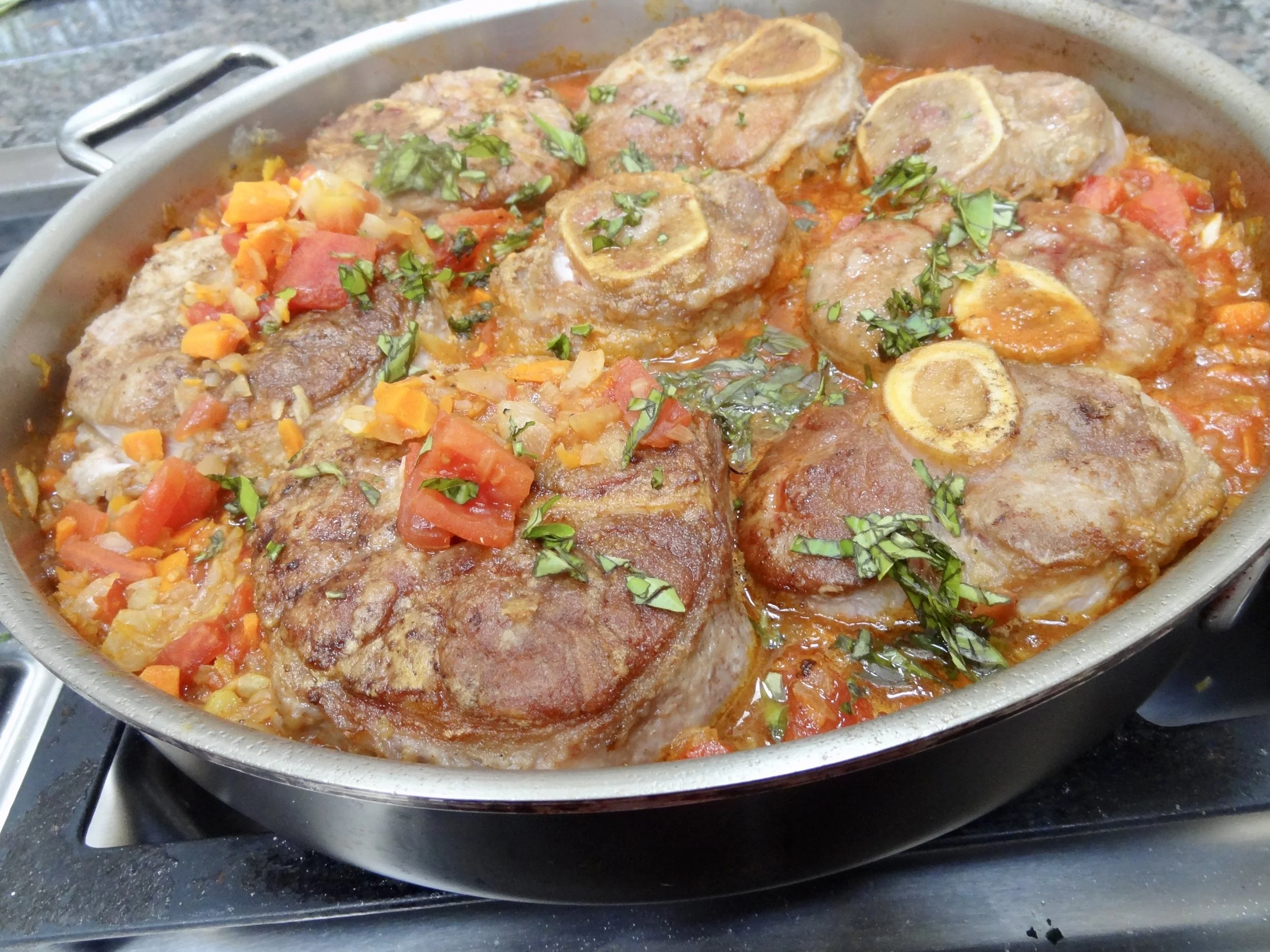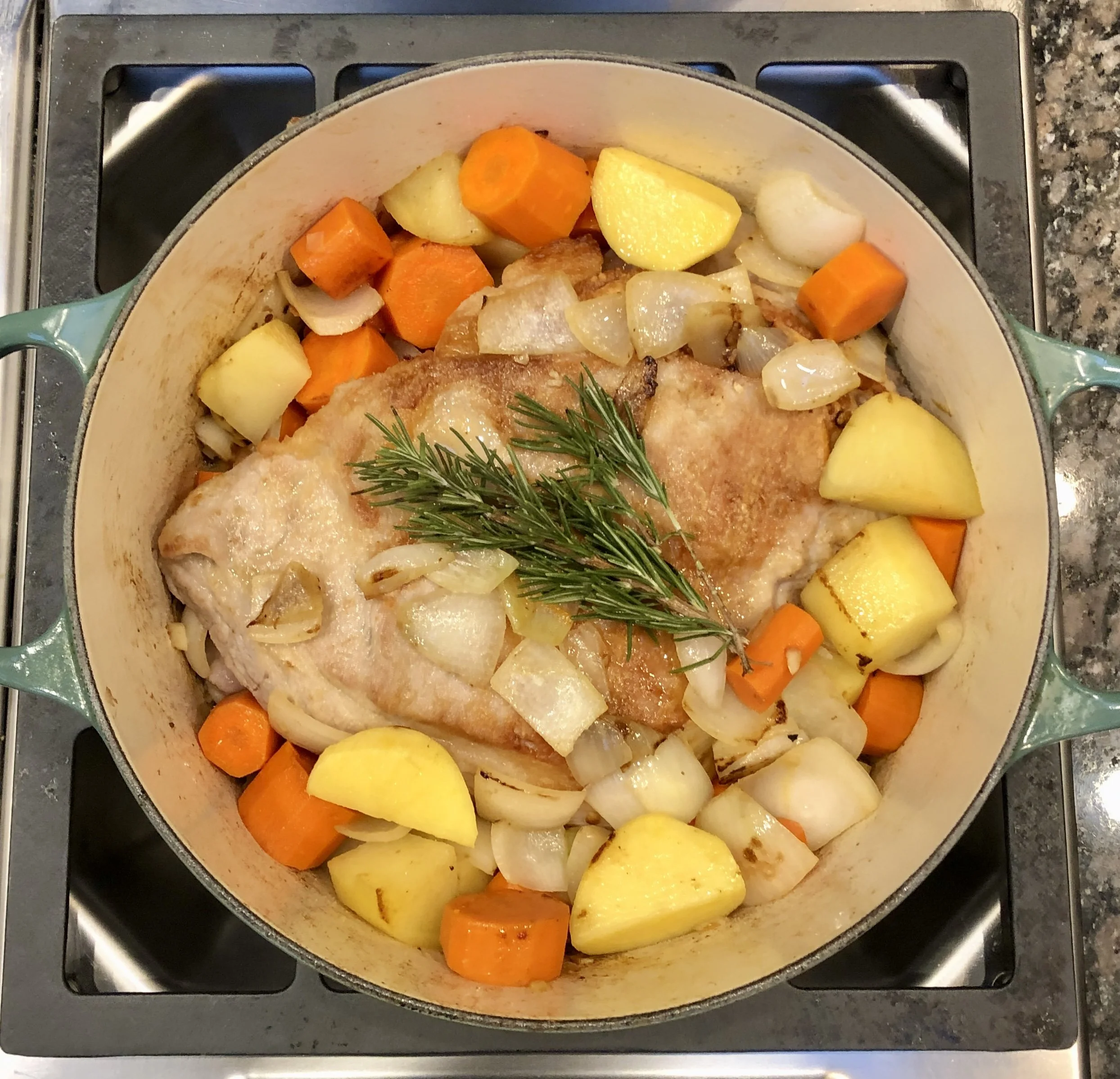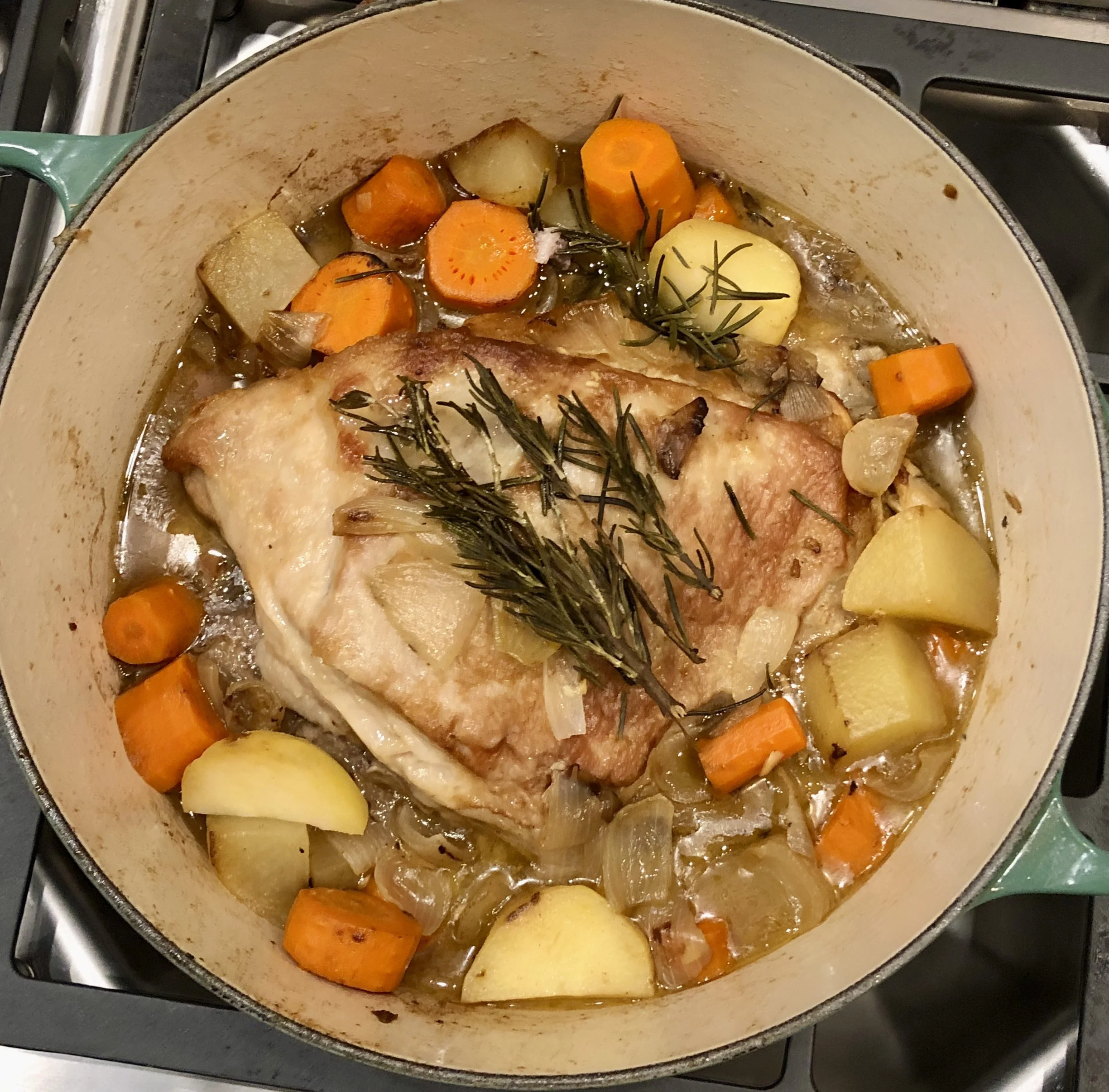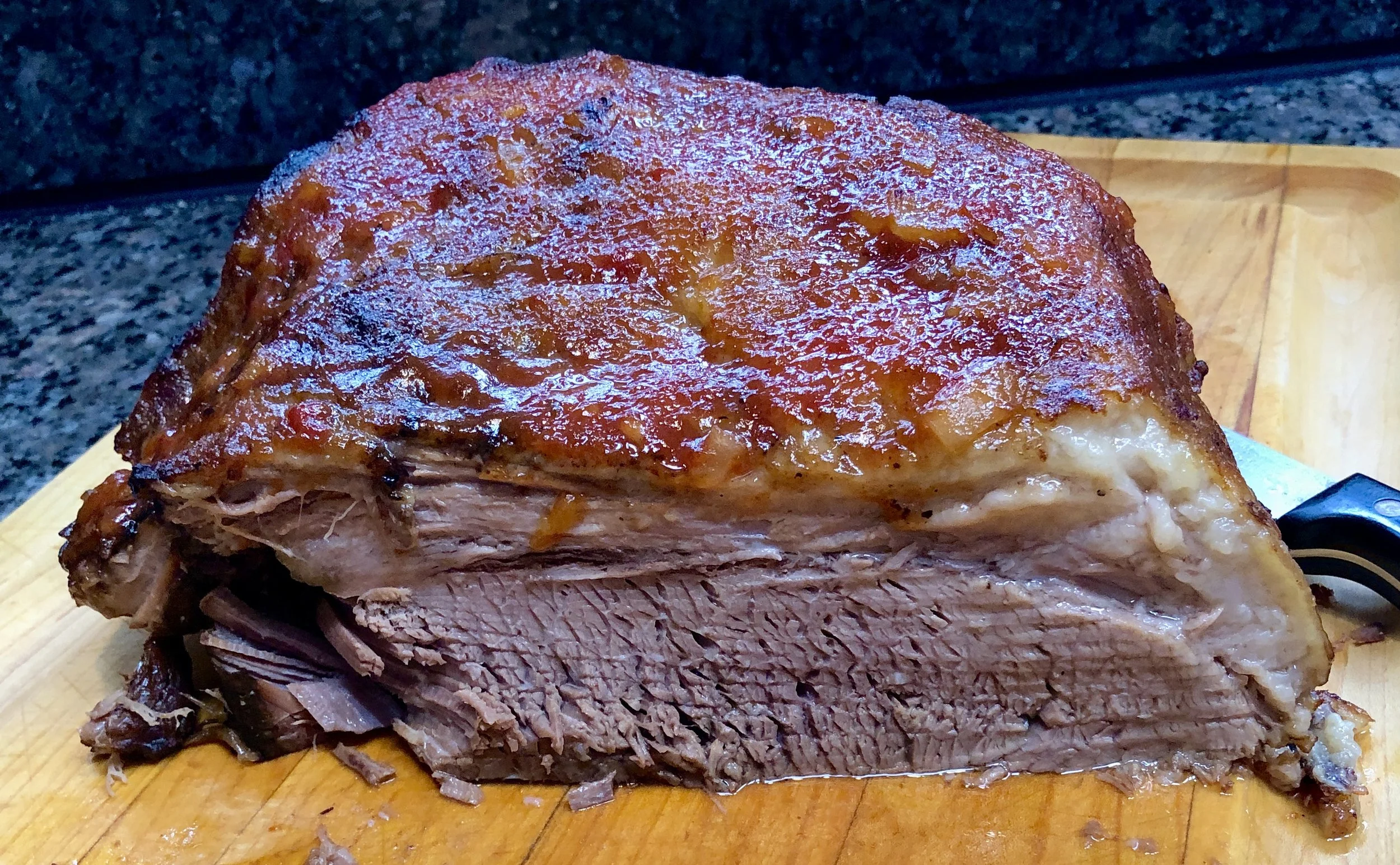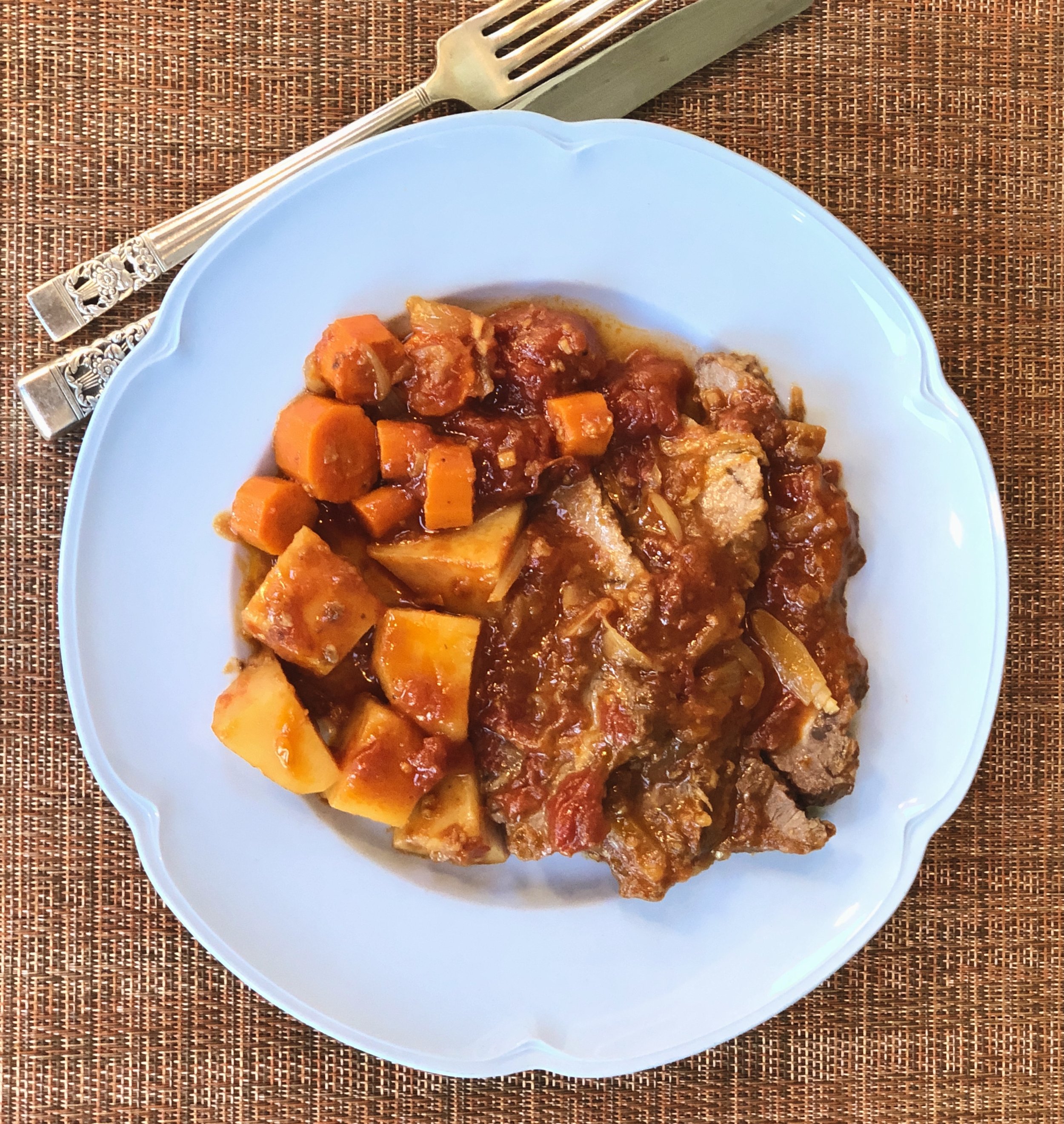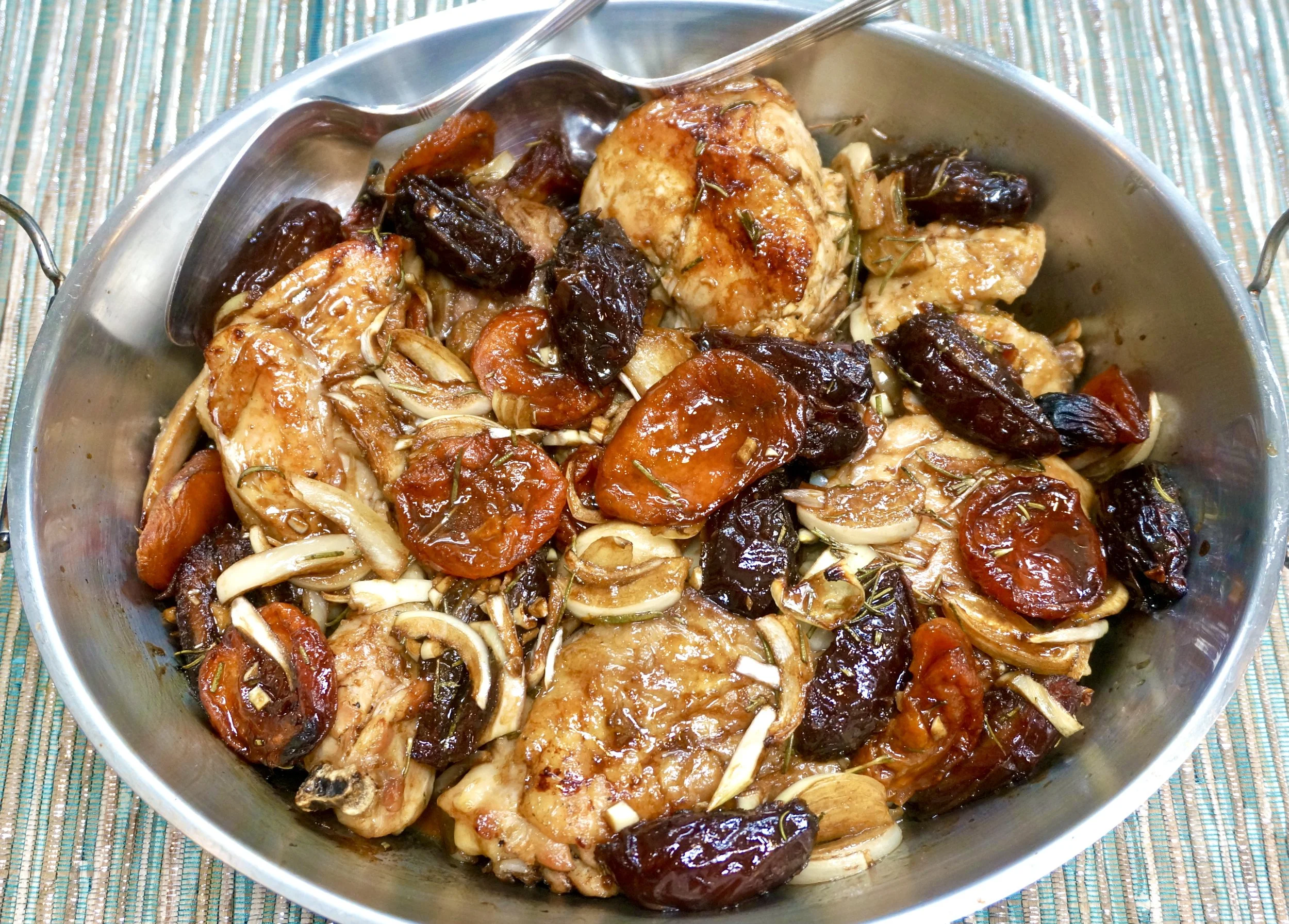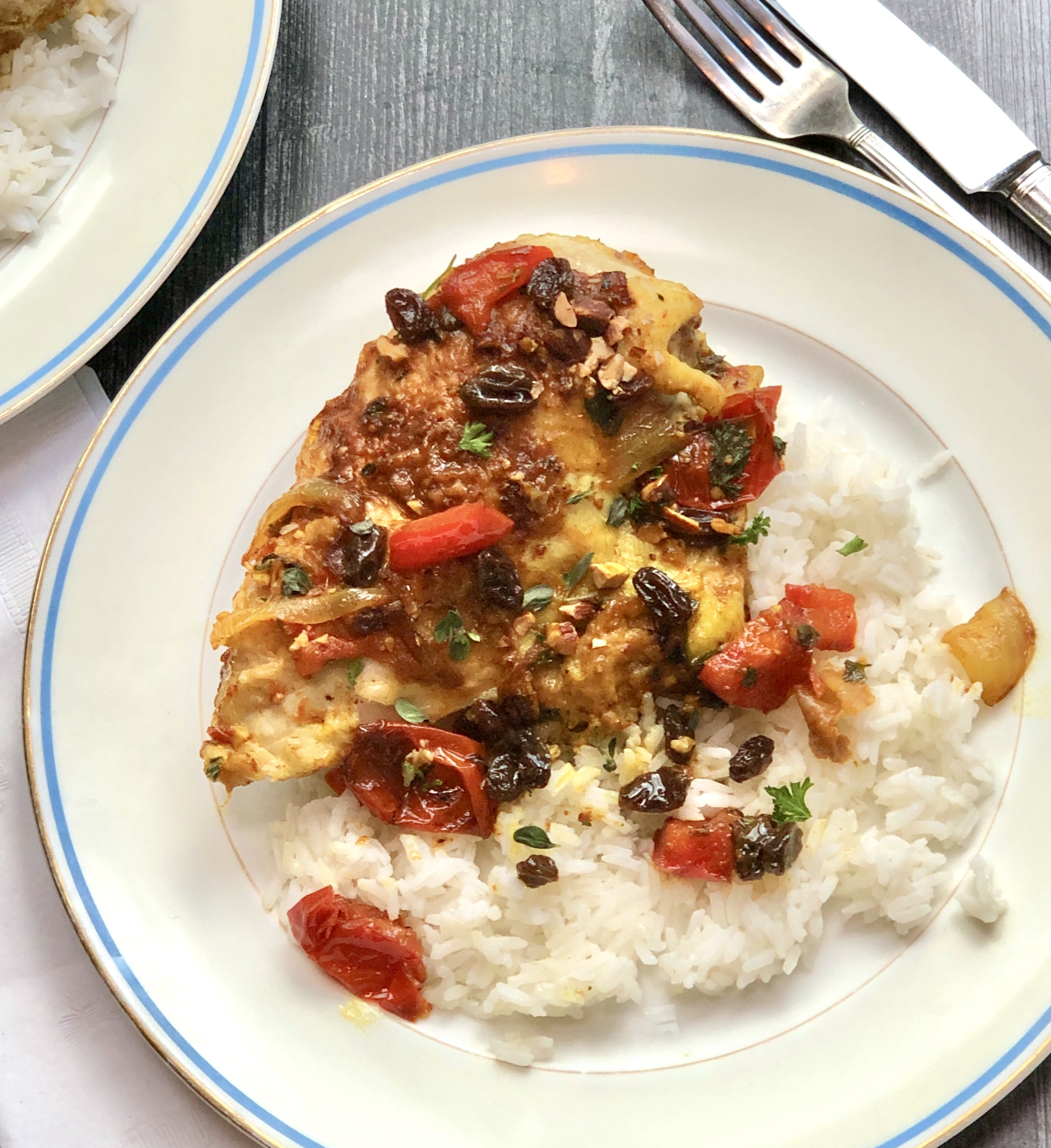Osso Buco
Do you love Osso Buco as much as I do?
I make this a lot when I have sleepover company. You can make it ahead, freeze it and have dinner all ready!
Osso Buco
4 large veal shanks, 2” thick (or 8 small ones)
1/4 cup flour
3 tablespoons olive or avocado oil
1 carrot, finely chopped
1 onion, finely chopped
1 stalk celery, finely chopped
1 large clove garlic, finely chopped
1 strip lemon peel 1-1/2” long
1/2 cup white wine
1/2 cup chicken or beef stock (or more wine)
2 large tomatoes, chopped
1/2 teaspoon salt or to taste
freshly ground black pepper
2 tablespoons chopped fresh basil (or 2 teaspoons finely chopped fresh marjoram or oregano
Dredge the veal shanks in the flour. Shake off excess flour. Heat the olive oil in a deep sauté pan over medium heat. Brown the meat, turning the shanks occasionally (about 6-7 minutes). Remove the meat from the pan. Add the carrot, onion, celery and garlic and cook for 2-3 minutes, stirring occasionally. Add the lemon peel, wine, stock and tomatoes to the pan. Bring the ingredients to a simmer. Return the meat to the pan. Sprinkle the ingredients with the salt, pepper and herb. Cover the pan and simmer gently over low heat for about 2 hours or until the meat is very tender. (Or place in the oven at 275F).
Makes 4 servings
